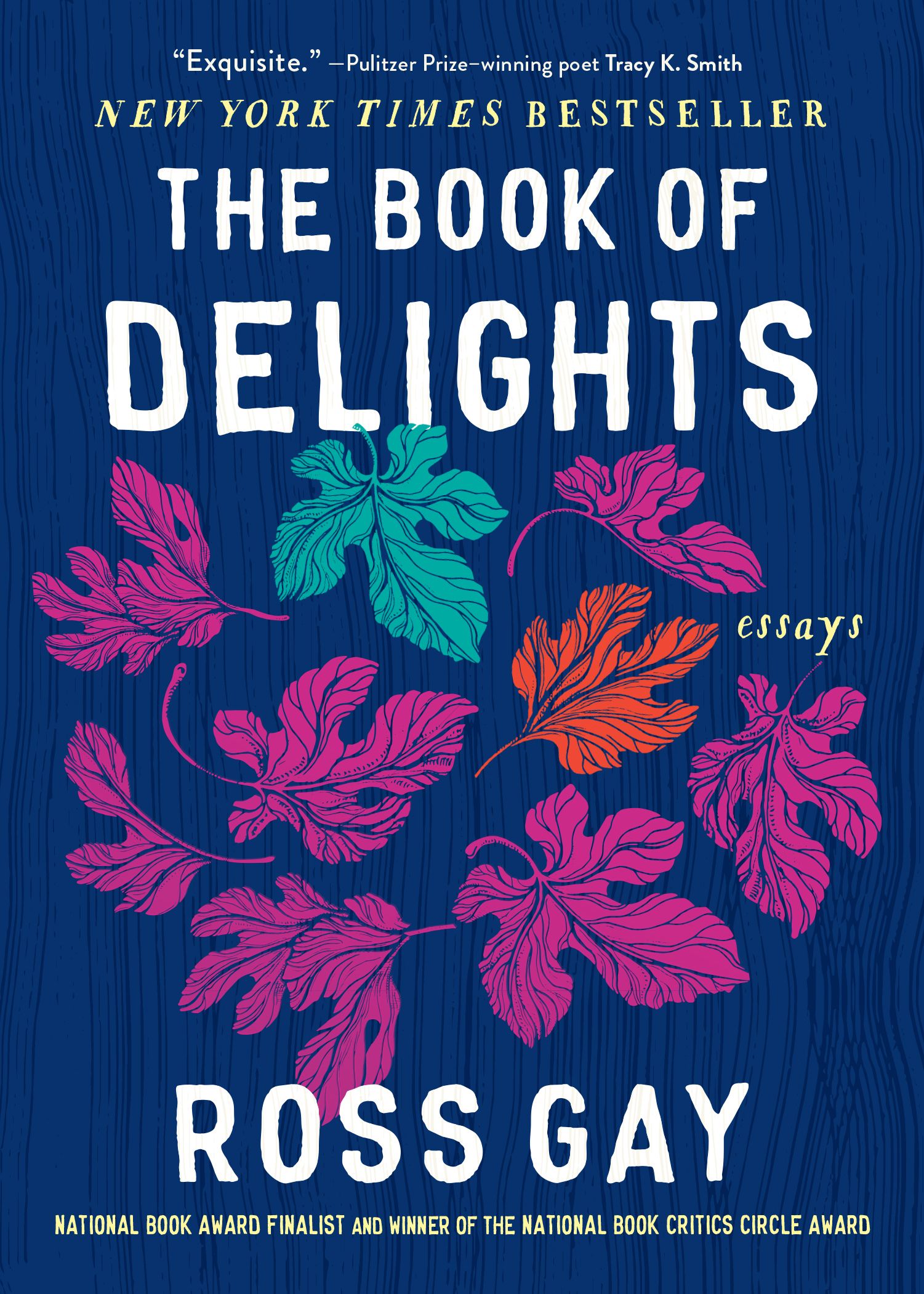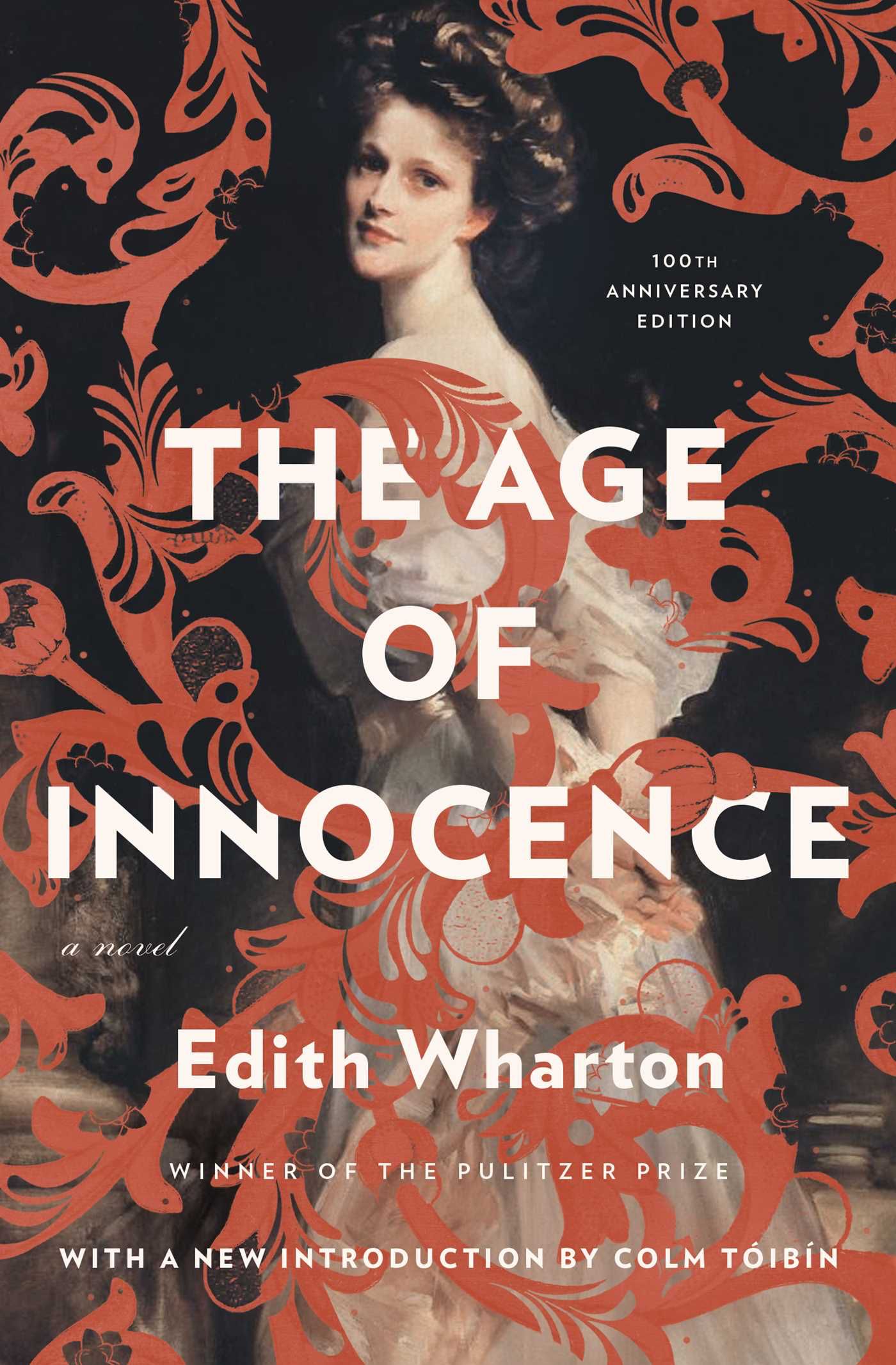The Whalebone Theatre is an enthralling, affecting, rollicking ride of a novel by debut author Joanna Quinn. The novel follows the three children of Chilcombe Manor — Cristabel, Flossie, and Digby — as they grow up on the English Channel coast in the early 1900s, and continues their story into adulthood. In the first half of the book, we watch as the children find ways to entertain themselves and, in many ways, raise themselves, left to their own devices by neglectful parents. They scavenge the library for good stories, hold expeditions up and down the coastline, and put on theatrical productions for the village at their very own outdoor theater. Banding together like the three musketeers, the children craft a pretty idyllic existence; however, no childhood can last forever, and the siblings reach adulthood at the cusp of WWII. The second half of the novel takes us through the war, following Digby as he enlists in the army, Cristabel as she joins the WAAF, and Flossie as she holds down the fort at Chilcombe. All are determined to fight in any way they can, and when Digby and Cristabel find themselves in France as British spies, it’s startling to realize how well their curious childhoods prepared them for the job. The Whalebone Theatre is a love letter to art, literature, and independence, and a poignant wartime coming-of-age story.
I absolutely adored The Whalebone Theatre. Imaginative yet realistic, cozy yet invigorating, it’s everything I want a novel to be. The premise is ambitious — the novel spans 1919 to 1945, and encompasses the entirety of WWII — but Quinn tackles it with aplomb, filling each of the various sections with detailed storylines. She makes Cristabel, Flossie, Digby, and all the peripheral characters sparkle with life, and gracefully takes the siblings from childhood to adulthood, aging them in delicate strokes so that their personalities still shine through. I loved the way Quinn celebrates art and literature through her characters; the children perform The Iliad at their Whalebone Theatre, Cristabel and Digby discuss their favorite Shakespeare plays in letters to one another, and Flossie holds musical evenings for the soldiers stationed in Dorset. In the novel, art is a necessity, a bolstering and comforting force during hard times. Lastly, The Whalebone Theatre may be hefty (it clocks in at 553 pages), but I promise it goes by in a flash.
I’d recommend this novel to…
- Anyone who loves a WWII novel about bravery, art, and love… it’s similar in theme to All the Light We Cannot See by Anthony Doerr
- Anyone looking for a novel that juxtaposes innocence and joy with sacrifice and heartbreak… it’s similar in tone to The Guernsey Literary and Potato Peel Pie Society by Mary Ann Shaffer and Annie Barrows
- Anyone who wants an impeccably mapped story that will sweep you away on an adventure… it’s similar in style to The Lincoln Highway by Amor Towles








